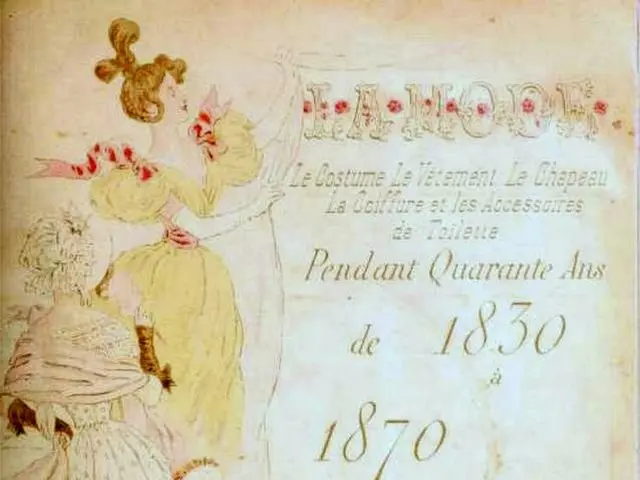Moving the Torch of Innovation and Charity Forward: A Discussion with Maulik Jasubhai
Maulik Jasubhai, the chairman and CEO of the Jasubhai Group, is known for upholding the pioneering spirit of his father, Jasu Shah, the group's founder. Established six decades ago, the Jasubhai Group has expanded its reach to encompass engineering, media, philanthropy, and other sectors, representing a culmination of innovation in the chemical, oil and gas, refining, and automation industries.
The Jasubhai Group's global acclaim stems from hosting the world's second-largest international exposition, organized by Maulik's non-profit Chemtech Foundation. A graduate from Carnegie Mellon University with an MBA from Wharton Business School, Maulik has directed the expansion of the group's footprint across diverse industries, including pharmaceuticals, water technology, and aerospace engineering, as well as launching influential digital media platforms, such as Digit and ZDNet India. He also serves as the Honorary Consul General of Austria in Mumbai since 2020.
In addition to his business commitments, Maulik oversees the Jasubhai Foundation, a charitable trust that focuses on education, healthcare, arts, and culture. Fueled by profits generated by the group, this philanthropic endeavor exemplifies the foundation's commitment to repaying society, a value deeply rooted in Maulik's father's ethos.
Nikhil Sardana interviewed Maulik on his father's legacy, personal innovations, and the evolving role of philanthropy in shaping India's socio-economic future. Below is a condensed version of their discussion:
Nikhil Sardana: How does the philanthropic work of the Jasubhai Foundation echo or progress your father's legacy in different domains?
Maulik Jasubhai: The Chemtech Foundation and the Jasubhai Foundation serve separate yet overlapping purposes. Established by my father, the Chemtech Foundation is geared towards industrial collaboration and technological advancement, particularly in chemical processing and associated sectors. Returning from Germany, he recognized the need for technical platforms facilitating cooperation and innovation within the growing industrial sector in India.
NS: What have been some key milestones celebrated by the Chemtech Foundation throughout the years? What aspirations lie ahead?
MJ: In 2010, I refocused efforts on creating a comprehensive industrial ecosystem, expanding the Chemtech Foundation's reach beyond chemical processing to accommodate supporting industries such as oil and gas, refining, and specialty chemicals. Since then, we've catered to nearly ten different verticals to bolster the chemical processing value chain.
As we move forward, we aim to remain responsive to the needs of developing sectors by investing in sustainability and green technologies.
NS: In what ways does the Jasubhai Foundation carry on your father's philanthropic endeavors, and how do you envision the role of philanthropy adapting in response to India's shifting socio-economic landscape?
MJ: My father, a first-generation entrepreneur, established the Jasubhai Foundation in 1984. Inspired by his idea of giving back to society, we prioritize initiatives in education, healthcare, arts, and culture.
The foundation, supported solely by our businesses, has funded educational endowments at younger institutions like IIT Gandhinagar and the National Centre for Performing Arts.
In an evolving socio-economic landscape, philanthropy will play a vital role in fostering social development and impact. Our hope is that future generations of the Jasubhai family will continue to build on this legacy of giving.
NS: What drives your seemingly innate knack for innovation, and how do you maintain this creative impulse across multiple industries?
MJ: Spanning various experiences since childhood in Goregaon, South Mumbai, Europe, and the United States, I cultivate inspiration by pursuing interests wholeheartedly. This curious, exploratory spirit, coupled with exposure to diverse environments, fuels my inclination towards innovation.
NS: As India ascends to become the fifth-largest economy, what part will philanthropy play in shaping its future?
MJ: India's economic expansion promotes immense opportunities and challenges. We must formulate a social security net that ensures every citizen can access fundamental needs such as education, food, water, and shelter. Universal Basic Income (UBI) has potential as a crucial component of this safety net, particularly in rural communities, as programs like MGNREGA indicate.
In tandem, wealth creation remains essential, as it serves as the foundation for future philanthropic efforts.
NS: What guidance would you offer to the upcoming generation of Indian philanthropists, particularly those focusing on arts and culture?
MJ: Historically, patronage of arts and culture has been predominantly associated with royalty. In the contemporary landscape, successful entrepreneurs must step up to fulfill this role by providing support for cultural endeavors that enrich and add meaning to daily life. Entrepreneurs should recognize the importance of this role, as the traditional patronage system no longer exists.
- In expanding the Jasubhai Group's ventures, Maulik has aimed at not only financial growth but also fostering innovation in fields such as education, healthcare, arts, and culture, following the philanthropic ethos instilled by his father.
- Seeking to adapt philanthropy to India's evolving socio-economic landscape, Maulik emphasizes the significance of prioritizing initiatives that cater to fundamental needs (education, food, water, shelter) and advocates for the potential implementation of Universal Basic Income (UBI), particularly in rural communities.







